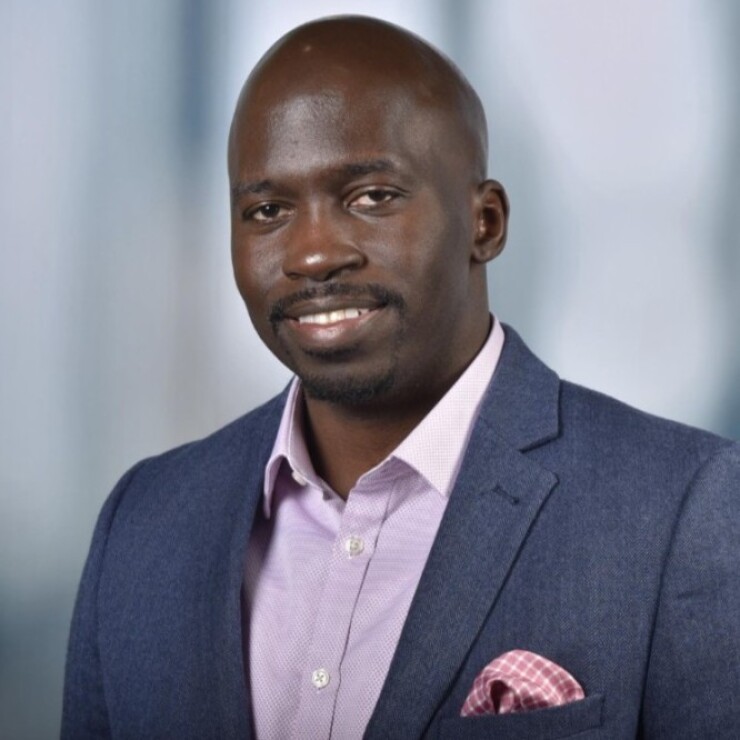While DEI is on the minds of CEOs, HR leaders, managers and junior employees alike, actual change in the workplace is hard to come by — and
According to Gallup, 24% of Black employees and 24% of Hispanic employees report feeling discriminated against in the workplace, compared to 15% of white employees. UCLA’s Williams Institute found that nearly 46% of LGBTQ employees have been harassed, fired or not hired due to their identity. Moreover, women of color make up just 4% of C-suite roles according to McKinsey, pointing to how they are systemically blocked from leadership positions and higher-paying opportunities.
Where have companies gone wrong? Ayo Odusote, a partner and DEI Leader at Deloitte, says many companies may be looking at DEI backwards, starting with corporation-level initiatives rather than empowering the individual to be a better co-worker or leader.
Read more:

“If you ask me what was the one thing that an individual can do to change DEI in an organization, it’s allyship,” Odusote says. “You use your privilege to support someone, to elevate them and call out injustice.”
Odusote breaks down DEI into three major categories: everyday DEI, grassroots DEI and corporate DEI. Allyship is cultivated company-wide when DEI is happening from the ground up, meaning progress starts with everyday DEI. This is defined by day-to-day interactions between team members and leaders that promote inclusive and equitable treatment, explains Odusote. But for everyday DEI to exist, employers must require leaders to not only be conscious of their biases, but also be vulnerable with their team.
“Leaders need the courage to be vulnerable and authentic — we tell our firm that we want leaders who are open to sharing part of themselves,” Odusote says. “Vulnerability welcomes people and allows them to communicate and engage with you in a much deeper way.”
For Odusote, that depth is necessary if employers expect their employees to learn from one another and find community in each other. After all, people are naturally more understanding of those they know. But allyship is only created on an individual basis here.
Read more:
To reach more of the workforce, employers should also encourage grassroots DEI, where diverse talent takes the reins and creates their own programs for change, instead of HR or the C-suite initiating those efforts. Nikki Diamantes, a customer and marketing senior manager at Deloitte, started what became known as the Wolfpack Book Club, named after the book “Wolfpack” by Abby Wambach. Every month, Diamantes and her colleagues meet to discuss books, articles and podcasts that touch on the challenges women face at work. There is no formal leadership involvement and people only hear about it by word of mouth. And still, the group has grown to over 150 members.
“Grassroots DEI taps into the passions of employees and what they’re actually interested in,” says Odusote. “And this passion inspires people to be more receptive and join them. Wolfpack took root and now has branches throughout the rest of our firm.”
Odusote notes that if companies want to lower attrition rates and increase retention, DEI must be embedded into the company culture, which grassroots projects naturally do. The Wolfpack Book Club gives women a space to define and discuss the problems they face at work together, allowing them to feel seen even outside of the book club, explains Odusote. The absence of that kind of support and belonging can be detrimental to workers and businesses alike: an isolated employee takes twice as many sick days and thinks about quitting their job two times more than non-lonely workers, according to Cigna.
Read more:
This is not to say that
“In the last year, especially after the death of George Floyd, there was an awakening in corporate America, but I don’t think we are 100% there in terms of fully understanding why DEI is important and how to engage in it,” he says. “But if everyone chooses to be an ally by educating themselves and speaking up, that will really make a difference in corporate America.”






